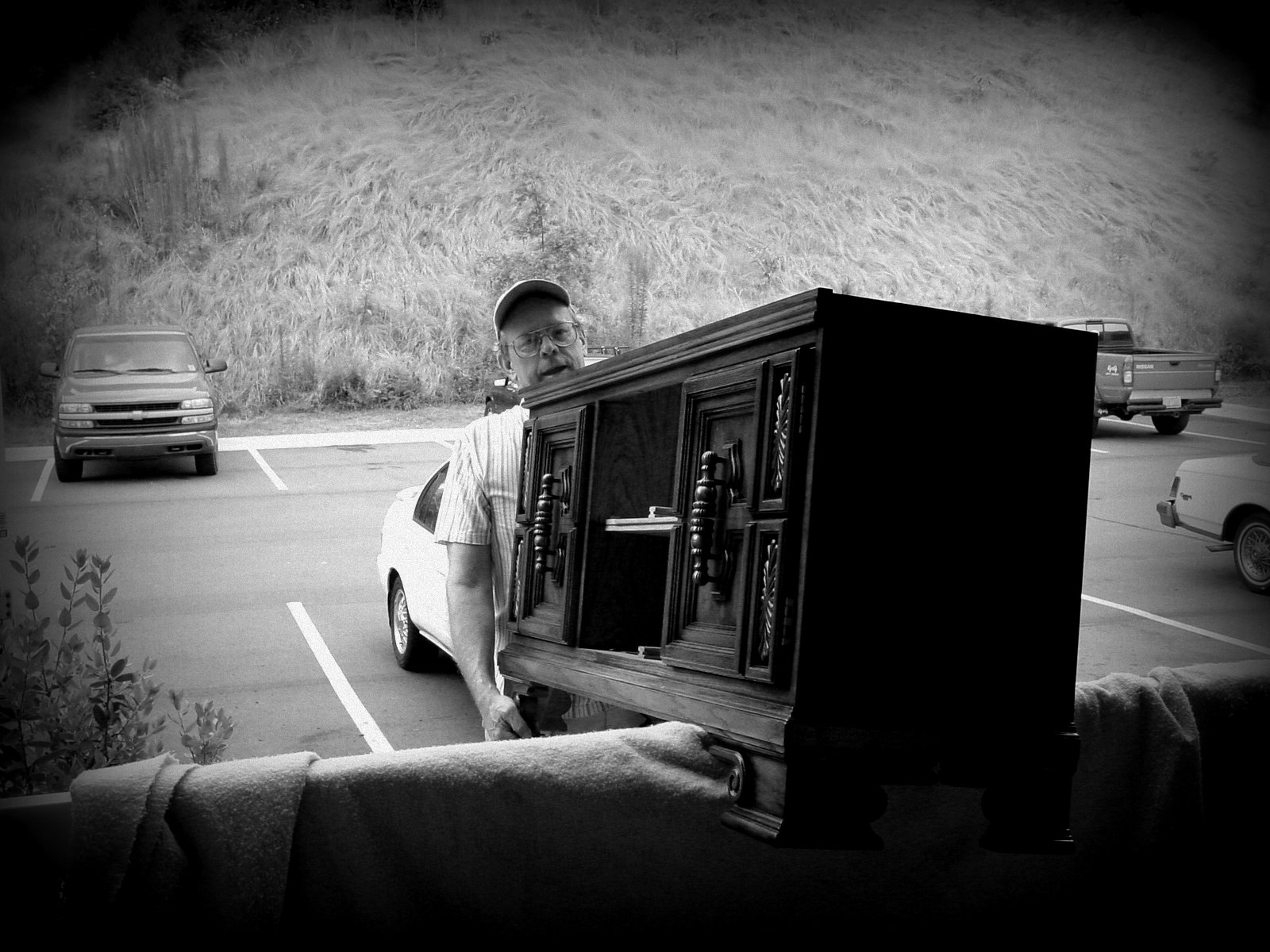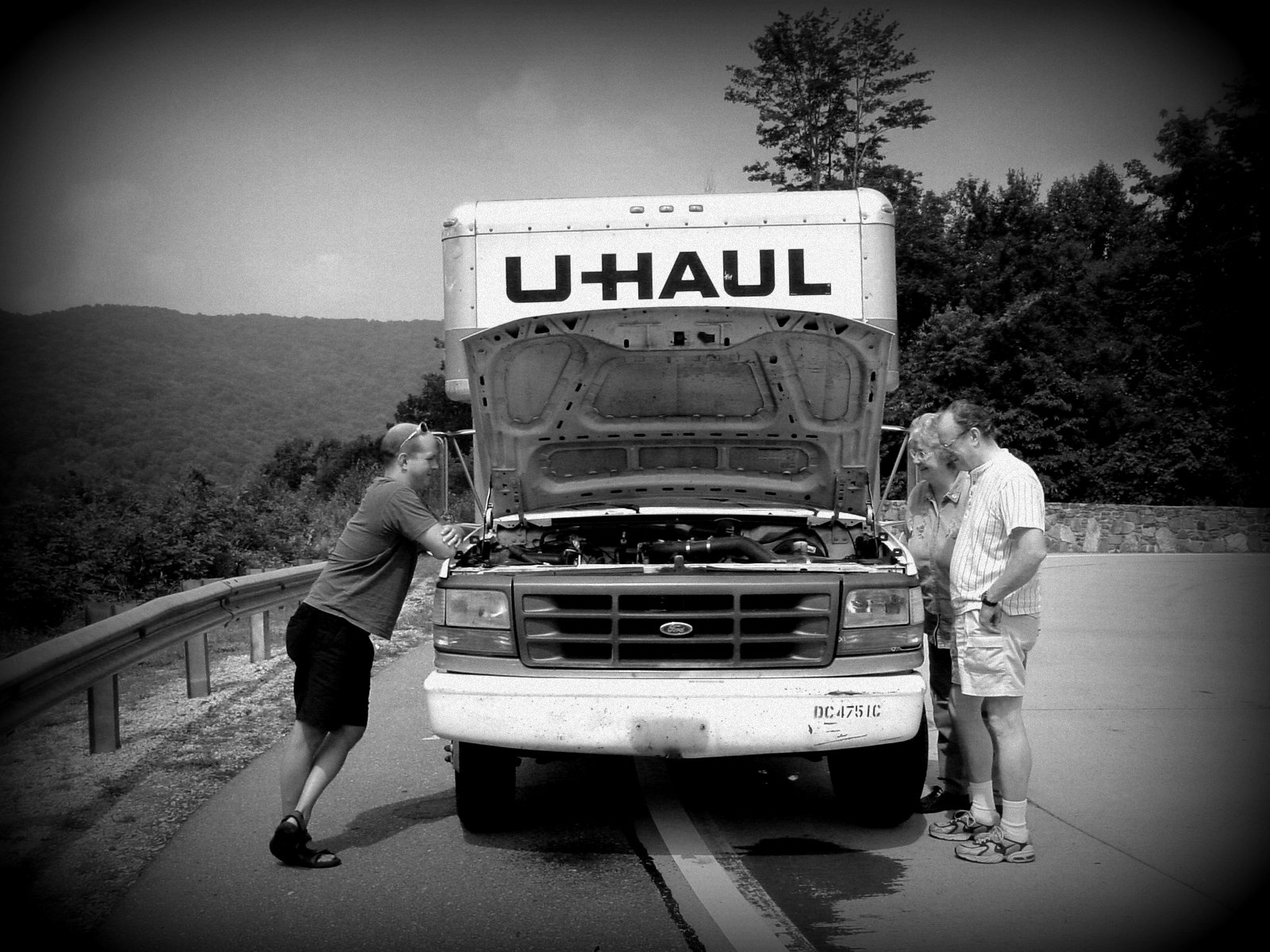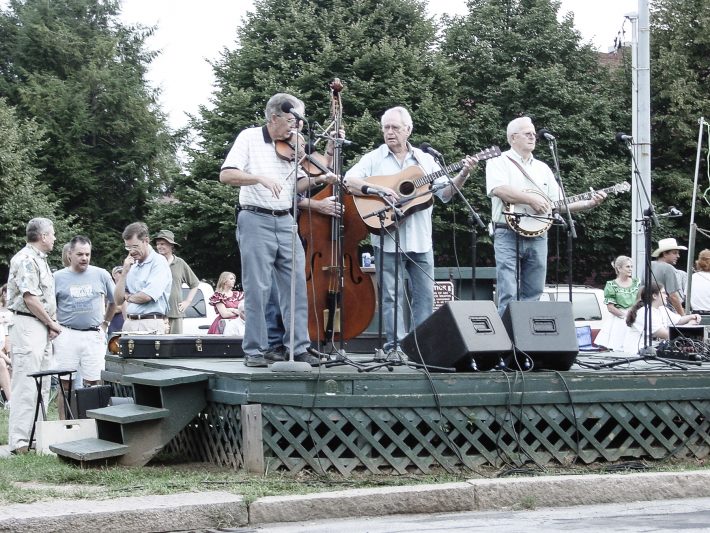Back straight, chest out, shoulders square, hands folded behind the back. Greetings, warm but firm, as everyone comes in.
The Speech, highlights:
I will treat you as an adult, which means that I will respect you and speak respectfully to you. When I speak to you, I will not simply bark an order, but I will speak politely. I use “please” and “thank you.” Most importantly, it means when you speak to me, I give you my full attention. I expect the same. Is that clear? Does everyone understand?
A quick survey shows that some indeed are not listening. Time for the sergeant act.
“Ladies and gentlemen, I asked you a question, and when I ask you a question, you will answer it. When I speak to you, you will listen.”
It’s the best drill sergeant voice I can muster, and I deliver the words in a loud and firm voice.
Silence.
“Do you understand?”
Heads nod, a few “Yes sirs.” A hand up. “Were you in the military, sir?”
Sometimes it’s amazing how well I can act the role.
 Being bilingual can really be a troublesome affair when trying to teach English – if your student’s L1 is different than your L2.
Being bilingual can really be a troublesome affair when trying to teach English – if your student’s L1 is different than your L2.










